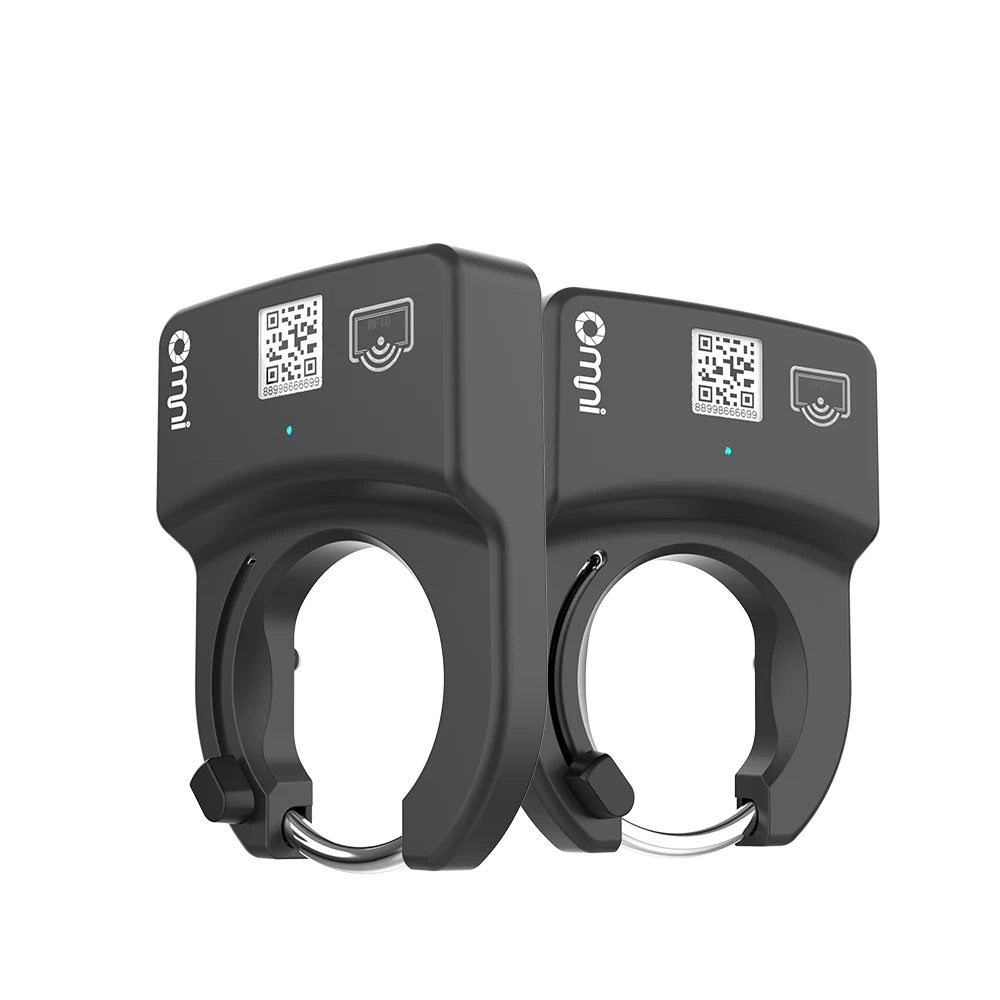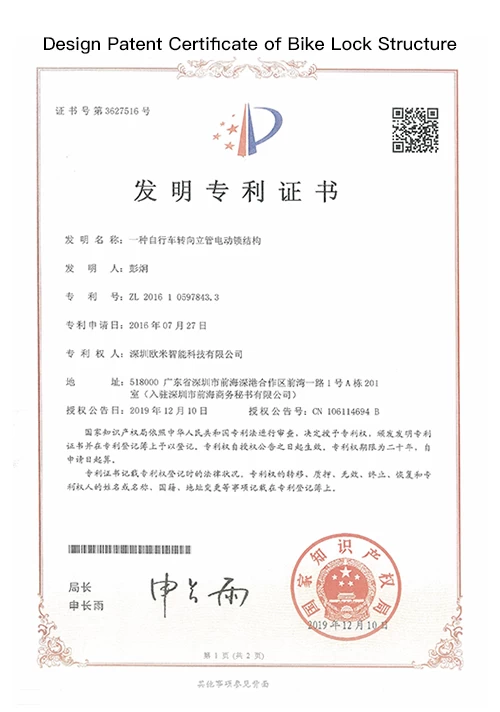What are the Benefits of the Bike Sharing System?
1.Shared E-Bikes:A Key Component of Public Transportation in Small to Mid-Sized Cities
Through bike sharing systems,shared e-bikes have become an essential part of public transportation.
In small and mid-sized cities,they effectively fulfill"point-to-point"travel needs.For trips within 5–10 km,shared e-bikes alone are often sufficient,and even distances of 10–20 km can be covered with ease.Therefore,shared e-bikes serve as an important complement to public transit networks.
2.Bike Sharing as a Path to Carbon Neutrality after the Bike Sharing System was Utilized.
The transportation sector ranks third in carbon emissions,with urban transportation accounting for 80% of it.
A single shared bike travels over 4,000 km on average during its lifecycle.According to calculations,its full lifecycle—from production and transportation to operations and recycling—can reduce carbon emissions by about 105 kg.
With 8 million shared e-bikes in use,the annual reduction in carbon emissions is approximately 1.636 million tons.
Electric bikes consume about 1.2 kWh per 100 km,equivalent to 0.456 kg of standard coal.Riding 10,000 km per year(about 27.4 km/day)consumes 120 kWh and emits 96 kg of CO₂.
For every 100,000 electric bikes,annual CO₂emissions total around 9,600 tons,consuming 4,560 tons of standard coal.
Compared to other transportation methods,shared e-bikes help reduce approximately 60,000 tons of CO₂and save 40,000 tons of coal annually.
3.Lower Barriers to Adoption Due to Familiarity with Two-Wheelers
Shared bikes,when integrated into an efficient bike sharing system,are widely accepted and loved by the public.
This has led many cities to regard shared e-bikes as a public-benefit project.
4.A Tool for Phasing Out Non-Compliant Vehicles and Reducing Traffic Accidents
Over 50%of private e-bikes are oversized,overweight,or overpowered,which are key contributors to traffic accidents.
Shared e-bikes are standardized and compliant with national regulations,helping suppress the use of illegal models and promote natural elimination of non-compliant vehicles.
With the national e-bike standards coming into full effect,nearly 200 million non-compliant vehicles will be phased out over the next three years.This could lead to a temporary shortage of personal transportation.Shared e-bikes can help bridge this gap and ensure smooth transition.
5.Reducing Urban Management Costs as the Help of Bike Sharing System
Managing millions of private,non-compliant e-bikes requires significant resources for license registration,road inspections,and enforcement.
In contrast,managing shared e-bikes only requires oversight of the operating companies,significantly reducing administrative costs.
6.Reducing Fire Risks from Improper Charging
Shared e-bikes help eliminate low-quality batteries and chargers from the market,reducing fire hazards.That's also the benefits of the bike sharing system.
Over 90%of e-bike fires are caused by substandard components.Shared e-bikes typically use certified smart lithium batteries with insurance coverage and flame-retardant materials to prevent such risks.
7.Reducing Theft and Improper Parking
Bike sharing systems include anti-theft designs that greatly reduce theft incidents.
Shared e-bikes use reinforced locks and smart battery systems that are difficult to steal.GPS tracking ensures that stolen bikes or batteries can be located quickly.
Moreover,shared e-bike batteries and motors are custom-built and have no resale value,making theft unprofitable.Just as shared bikes helped eliminate bicycle theft,shared e-bikes can do the same for electric bikes.
8.Empowering Smart Cities and Pandemic Resilience
With IoT integration,shared e-bikes now support features like tidal flow sensing,illegal riding alerts,and ride tracking via smart bike locks.
This data helps cities optimize urban mobility and inform planning decisions.
High-frequency e-bike usage also boosts surrounding consumption and logistics services,reshaping the mobility value chain with digital intelligence.
9.Relieving Congestion and Restructuring Urban Mobility
Deploying shared e-bikes across both downtown and suburban areas promotes green travel.
Users can easily unlock,ride,and return bikes using rental bike app like WeChat or Alipay.
This reduces idle parking,lowers vehicle ownership,and frees up valuable road and parking space.
By replacing short car trips,shared e-bikes help ease urban traffic congestion and optimize the city’s mobility structure.
















